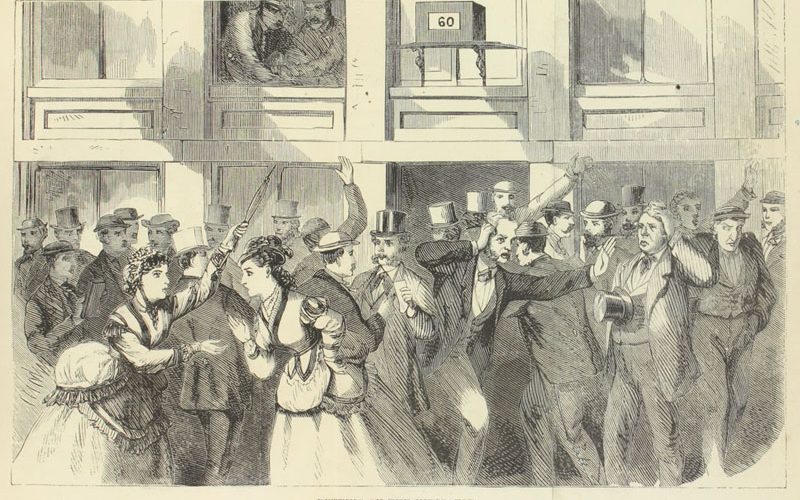Originally posted at Monty Pelerin's World blog,
It’s summer. Markets are supposed to be in the doldrums. But, that characterization hardly fits thus far this summer.
What is different this year? We are nearing a possible inflection point in terms of Fed actions. The mere suggestion from the Fed that something is going to change is enough to supercharge markets, either up or down. If anyone was not convinced of market dependence on liquidity (and not fundamentals), the last thirty or so days should have clued them in. John Mauldin summed it up nicely in yesterday’s “Out of the Box” newsletter:
US investors might not have noticed, but there is carnage scattered here and there on the world’s markets, and not just the equity markets. The central banks of the world, in their furious attempts to promote stability through easy-money policies, have cooked up a witches’ brew of instability of unknown quantity and contents. There is no set formula for this concoction; they are making it up as they go along. Anything that seems to calm the storm momentarily becomes the order of the day.
Bernanke hints at the mere possibility of less easing (not tightening, God forbid!), something that we all know must happen at some point, and the market throws up and half a dozen Fed governors go on the air to say “Not really … maybe … we are going to be cautious … we’ll go slow … no one wants to do anything rash” – etc.
It was almost comical.
It is hard to continue an economic policy based on smoke and mirrors. But that is all the Fed has to work with. What they do and how well they do it will determine how high or low markets go. Nothing they do, however, has anything to do with healing the economy.
The Fed’s charter never included keeping markets levitating beyond where they should be. Now, at least de facto, it does. The Fed surrendered whatever independence it supposedly had. It is now just another tool of the political class. Like all government agencies, it exists to benefit the political class. Its ability to effect positive change in the economy is over. Its role now is to keep financial markets levitating so as make some believe the economy is recovery.
It is not and there is nothing that the Fed can do to alter that fact. Nor can they stop liquidity infusions without financial markets collapsing. Oh yes, there is another rather important reason they cannot stop — government checks would stop going out. The Federal government has no means of financing its spending levels without resorting to its own captive counterfeiter.
Will markets go to 20,000 or to 5,000? That depends upon the Fed and how much they debauch the currency. Nor can it be known which ending will buy you more goods and services.
Stay tuned, this story has hardly begun.














